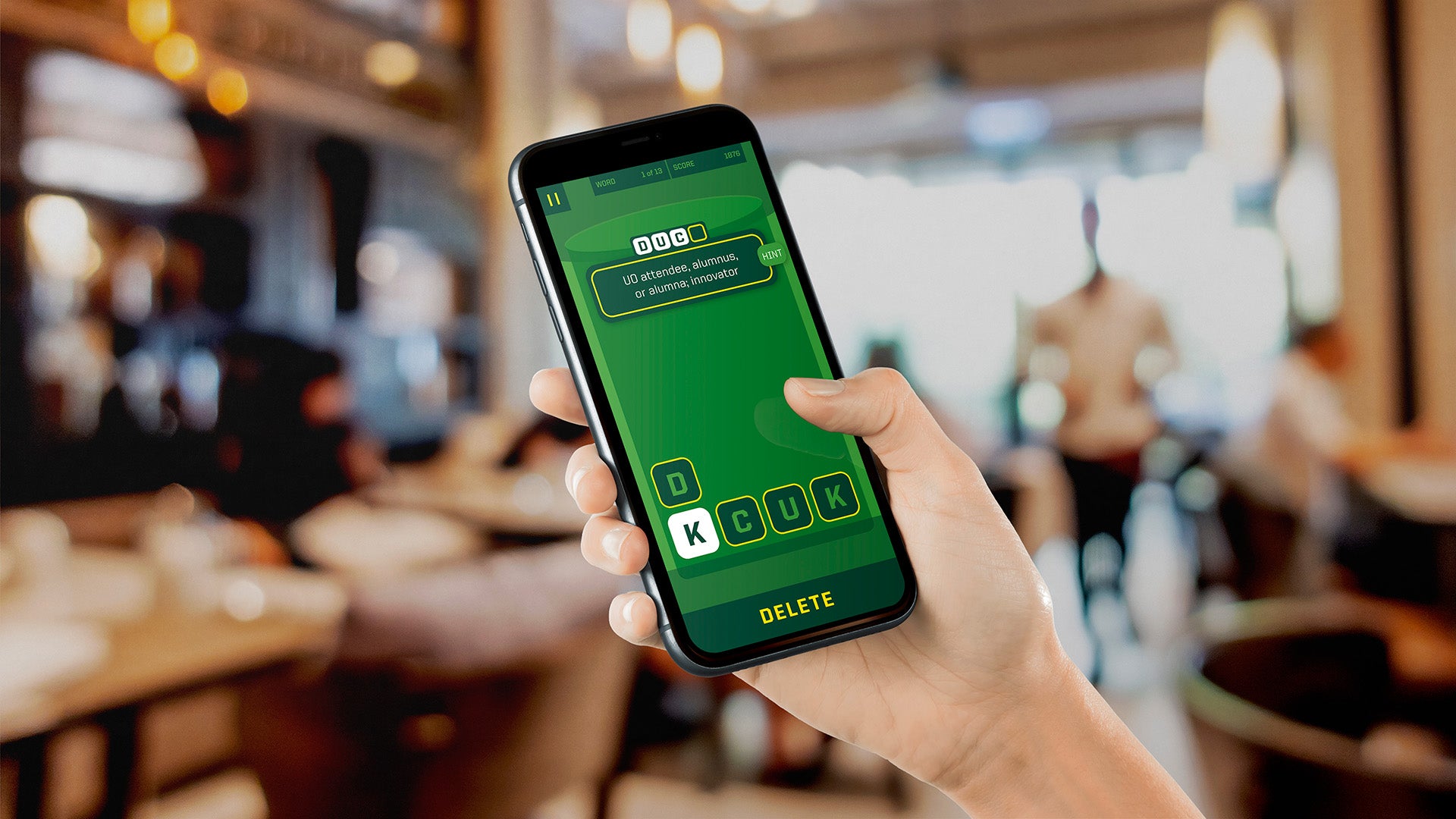Introduction: When Games Meet Therapy
In a world of increasing awareness of the importance of mental health, games are emerging as an unexpected but effective tool in the field of therapy and psychological support. Games are no longer just a means of entertainment, but have become interactive platforms that can contribute to improving mood, reducing anxiety and depression, and developing coping skills. In this article, we will explore how games can be a tool for healing, highlight the concept of "game therapy," and review examples of games designed specifically to support mental health.

Game Therapy: An Innovative Approach to Psychological Support
Game therapy is the use of games as part of an integrated therapeutic process. Therapists can use games to help patients:
•Express their feelings: Games provide a safe and non-threatening environment to express feelings and thoughts that may be difficult to talk about directly.
•Develop social skills: Group games can help develop communication, cooperation, and conflict resolution skills.
•Learn coping skills: Many games include challenges that require patience, perseverance, and problem-solving, which are skills that can be applied in real life.
•Recover from trauma: Games, especially those that use virtual reality technology, can be used to help patients confront their fears and recover from traumatic experiences in a controlled environment.

Games Designed to Improve Mental Health
In addition to the use of commercial games in therapy, there are a growing number of games that have been designed specifically to address mental health issues:
•Celeste: As mentioned earlier, this game deals with themes such as anxiety and depression through a moving story and challenging gameplay mechanics.
•Gris: An artistic game that explores the five stages of grief through a beautiful and changing world. The game helps players understand and process feelings of loss and grief.
•Sea of Solitude: Takes players on a journey through a submerged world that represents the protagonist's psychological state. The game deals with themes such as loneliness, isolation, and the importance of connecting with others.
•Headspace: Although not a game in the traditional sense, this app uses gamification techniques to teach users meditation and relaxation skills.
Conclusion: Games as a Partner in the Wellness Journey
In conclusion, games are opening up new and exciting horizons in the field of mental health and therapy. They offer powerful and innovative tools that can help people better understand themselves, develop coping skills, and find new ways to heal and grow. As this field continues to evolve, we can expect to see more games that contribute to promoting mental well-being and make psychological support more accessible and enjoyable for everyone.

